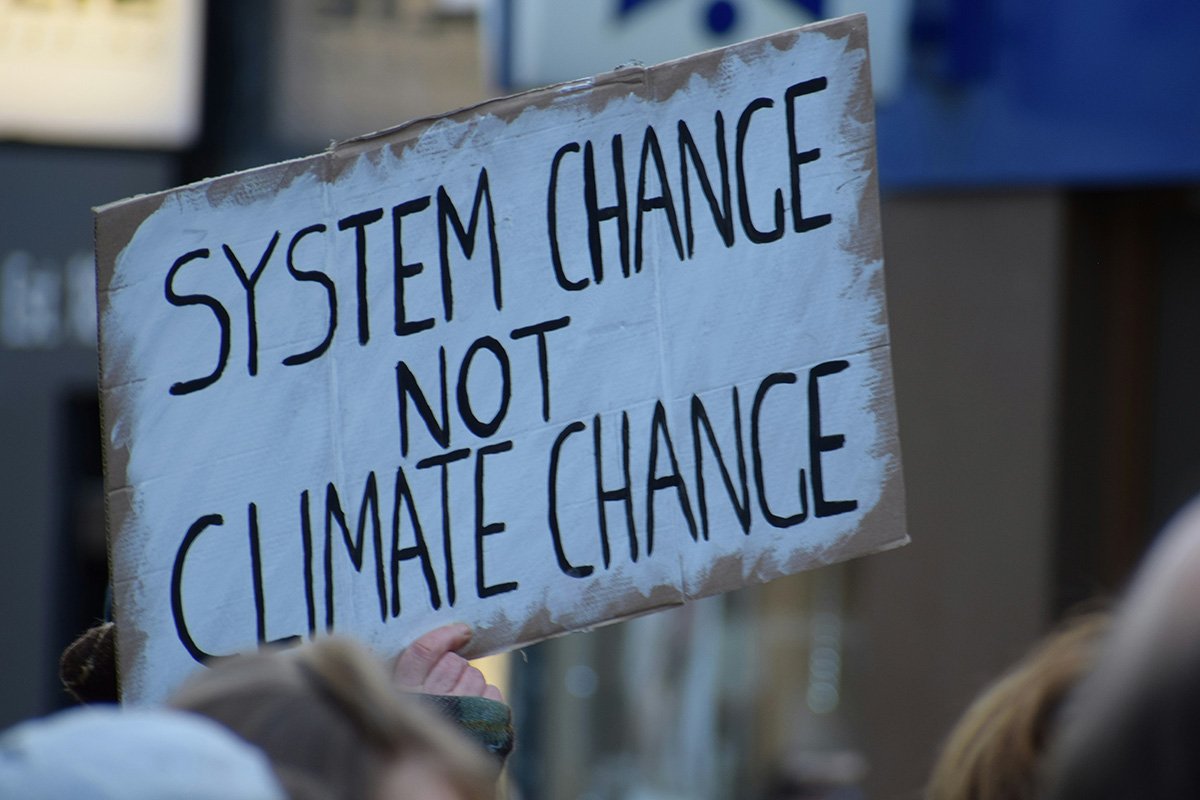
October 26, 2018; ProPublica
NPQ has often written about some of philanthropy’s predilection for funding young white “entrepreneurs” in Africa. Perhaps much of the time they merely waste money and the time and hopes of those they promise to “help,” but sometimes they create havoc that debilitates and destroys.
So it is with Katie Meyler, who must be very charming to have been able to convince so many influential people to support her as she founded a school for girls in Libera through a charity called More Than Me (MTM). As we mentioned in a previous article, Meyler had no credentials or experience to speak of, but the dynamic that occurred was illuminated a bit by the Nonprofit Chronicles, which did an excellent job tracking down MTM’s institutional funders. That publication points out that MTM was seeded by a $1 million charity “prize” awarded during the 2nd annual JPMorgan Chase American Giving Awards, which were broadcast by NBC in 2012. In 2012, the organization’s expenses were recorded as just over $200,000, but it only grew from there. The JPMorgan contest has been referred to by Lisa Graves, the Center for Media and Democracy’s Executive Director, as a “greedwashing campaign to score PR campaign points.”
JPMorgan Chase, of course, was one of the leading banks that contributed to the global economic crash of 2008 without its principals being held to any kind of account.
Foundations soon crowded in to pour money into the school, where girls as young as 10 were systematically raped by Meyler’s co-founder, apparently even after evidence was there for the nonprofit to find.
Sign up for our free newsletters
Subscribe to NPQ's newsletters to have our top stories delivered directly to your inbox.
By signing up, you agree to our privacy policy and terms of use, and to receive messages from NPQ and our partners.
The ProPublica investigation into MTM forges ahead. Reporters are now examining the organization’s financial supports and IRS forms 990, and here too the nonprofit appears to have acted in a sloppy and cavalier manner. Its 2015 IRS form 990 shows $625,000 in donations that weren’t awarded and financial information that was unaudited. As these examinations move forward, at least one philanthropic supporter, the NoVo Foundation, has suspended a $330,000 operating grant it made to the organization last year. Joe Voeller, the foundation’s spokesman, said its grantmaking is “predicated on a relationship of deep trust with our partners…We expected the same level of transparency and honesty from More Than Me as well, but now see clearly that we did not receive it.”
ProPublica’s Finlay Young reports that “an examination of the charity’s Form 990s from formation to present shows that More Than Me has been submitting them based on unaudited financial statements.”
Marcus Owens, a lawyer who once ran the Exempt Organizations Division of the IRS, told ProPublica, “If they don’t have audited financial statements, that’s a weakness in internal controls…And that means they are vulnerable to diversions of money, they are vulnerable to diversions of assets. It means management doesn’t necessarily have a good handle on the financial health of the organization.” In other words, they were not paying sufficient attention to this organizational safeguard even while their revenue was growing significantly. As a result,
In the fiscal year immediately after the allegations of rape were reported, as the charity responded to the Ebola outbreak, revenue surged. IRS filings said revenue rose from $800,000 to $2.9 million; the later audit put this revenue figure at $3.5 million. Much of this was unspent, and according to the audit, the charity amassed total assets of over $2.8 million by the end of the 2016 fiscal year.
NPQ has long expressed skepticism about the influences of both contest philanthropy and a kind of philanthropic idolization of the young, white entrepreneur as savior. We have seen both play out here so let’s make sure, in the names of these girls who will spend their lives dealing with the aftermath of MTM’s lack of responsibility, that we do not forget the damage that has been done and the lessons it should teach us.—Ruth McCambridge










